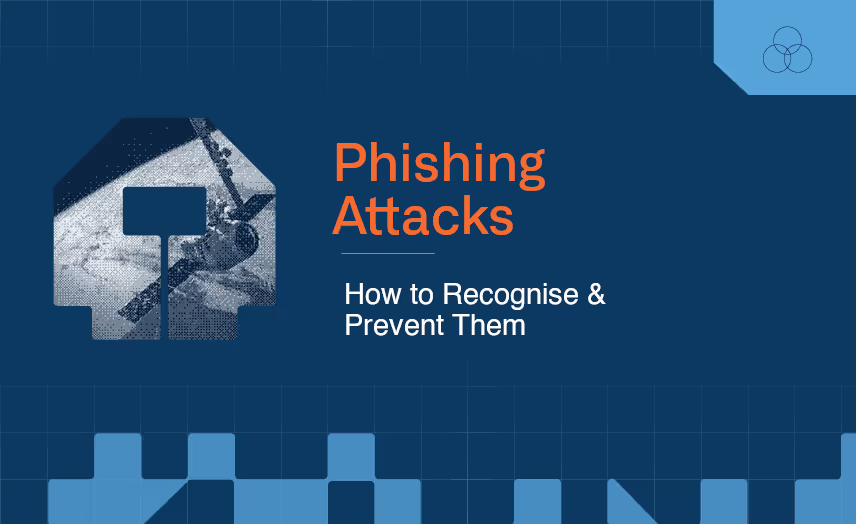Let's Work Together To Ensure Security Is Treated As A First-Class Citizen In All Aspects Of Your Business
The more businesses move to the cloud, the more the threats will grow. Therefore, given that the cloud supports the main infrastructure of your business, it’s vitally important to ensure that all of your data, processes, and platforms are secure. Just as you would have regular check-ups with your doctor, it is recommended to regularly test the security posture of your cloud infrastructure.

CLOUD SECURITY ASSESSMENT
How’s Your Security Posture?
A Cloud Security Assessment is a methodical examination and evaluation of the existing security measures in a system's infrastructure and hosting environment. The results of this assessment offer vital insights into the current state and dependability of the security mechanisms in use, and aid in devising strategies to address security concerns and enhance the overall security of the system.
A thorough Cloud Security Assessment can help identify potential security gaps and vulnerabilities in the system, enabling proactive measures to be taken to address them.
A Cloud Security Assessment can help ensure that the system is compliant with the relevant regulations and standards, such as HIPAA, PCI DSS, POPI, and GDPR.
By identifying areas of weakness, a Cloud Security Assessment can help improve the overall security posture of the system, making it more resilient to threats.
The Cloud Security Assessment can help identify and prioritise security risks, allowing for the development of effective risk mitigation strategies.
A Cloud Security Assessment comprises two main security concepts: penetration testing and vulnerability assessment.
Penetration Testing
In penetration testing, we assume the role of a cyber attacker with the intent of breaking in and gaining access. We do this by exploiting system vulnerabilities and technical oversights in the implementation.
Vulnerability Assessment
The vulnerability assessments aim to identify typical security weaknesses in a system. During an assessment, we employ similar methodologies as the penetration tests.
Automated Security Testing Complimented by Manual Testing
Automated and manual security testing forms part of our security package. We first run an automated security assessment to catch low-hanging fruit. Then we focus on more complex attack vectors. Most often, the real value comes from manual testing.
Our Cloud Security Assessment process focuses not only on your infrastructure but also on your applications.
The Deimos Cloud Security Assessment Process
Our assessments follow a simple 5 step process:
We align expectations and determine which areas you want us to focus on. It’s an opportunity to better understand your business and how you use technology, as well as your current pain points and future goals.
We facilitate a set of collaborative sessions between the Deimos team and your key team members.
The aim is to get a better understanding of your architecture in order to set us up for success in the next phase.
This phase often consists of multiple sessions, each with a core area of focus, such as architectural patterns, security, deployment, and documentation.
Our team of experts assesses your current state against industry best practices.
Our aim is to identify areas of significant impact.
We compile our findings into a well-written report that includes recommendations on addressing the issues we raise.
These recommendations will not only provide you with the details needed to implement them, but also the reasoning behind them.
We will review the report together. Our team will explain our findings in detail and facilitate the building of a roadmap to implement recommendations that are aligned with your goals.
YOUR ASSESSMENT IS DONE. NOW WHAT?
What to Expect From Deimos
A thorough assessment can help identify potential security gaps and vulnerabilities in the system, enabling proactive measures to be taken to address them.
We’ll set up review workshops to walk you through the report and ensure all stakeholders understand our findings and next steps.
You can implement the changes in-house or hire Deimos, and we’ll compile a detailed project plan, including costs and timelines, to get the job done.
Processes & Frameworks We Trust

The Center for Internet Security (CIS) Benchmarks are a set of security configuration recommendations for a wide range of operating systems, software applications, and cloud services. The CIS Benchmarks are developed and maintained by a community of security experts, and they are widely used by organisations of all sizes to improve their security posture.

The Open Web Application Security Project (OWASP) Application Security Verification Standard (ASVS) is a comprehensive vulnerability classification system and testing guide for web applications. The ASVS is used by security professionals to identify, assess, and prioritise security vulnerabilities in web applications.

The Software Assurance Maturity Model (SAMM) is a framework that helps organisations to improve their software security maturity. SAMM provides guidance on how to implement and measure a comprehensive software security program.

WHY WE’RE THE BEST FIT FOR YOUR BUSINESS
Businesses Already Trust Us As Their Technology Partner
At Deimos, we pride ourselves on hosting and maintaining well-secured systems in the cloud. Here’s why we do security better than other players in the industry.
Our engineers are certified across all major clouds, with years of experience architecting, developing, and maintaining secure, high-volume, distributed cloud-native microservice systems.
When you work with Deimos, you get a team that:
- Is at the forefront of what’s happening in the cloud.
- Can offer cutting-edge solutions and provide services that prioritise security.
- Will ensure your complex systems can evolve without compromising security.
- Understands what it means to shift-left, but defend right.
Deimos is a Security Specialised Google Cloud Partner, and is actively translating this expertise to AWS, Azure, and Huawei.
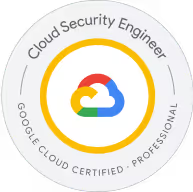
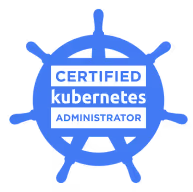
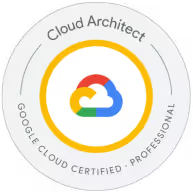
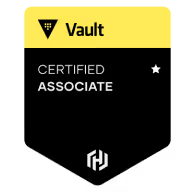
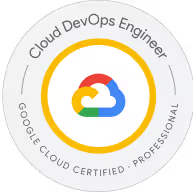
cloud faq's
Got Questions? We Have Answers.
Common cloud security risks include data breaches, unauthorised access to sensitive data, misconfigured cloud resources, insider threats, and compliance violations.
Cloud security assessments should be conducted regularly, with the frequency depending on the organisation's security needs and risk profile. It is not unusual to have yearly security reviews. However, more security-conscious businesses do assessments as frequently as every 3 months.
The benefits of conducting a cloud security assessment include identifying potential security risks and vulnerabilities, improving security posture, reducing the risk of data breaches and other security incidents, and ensuring compliance with regulatory requirements.
There are several tools that can be used in a cloud security assessment, including vulnerability scanners, network analysers, log analysis tools, and penetration testing tools.
The steps involved in a cloud security assessment typically include planning, scoping, vulnerability scanning, penetration testing, risk assessment, and reporting.
A cloud security assessment is important because it helps organisations identify potential security risks and vulnerabilities within their cloud environment, and allows them to take proactive measures to mitigate those risks before they become a problem.
A cloud security assessment is the process of evaluating the security of a cloud environment to identify vulnerabilities and potential risks.
Cloud Resources
Expand Your Knowledge Of The Cloudverse
get in touch
Let's talk Cloud Solutions
If you're ready to take your business to the next level and focus on what matters most - achieving your objectives, then it's time to leverage the power of our Managed Platforms.
Schedule a free consultation with us today and let us show you how we can take care of your needs, so you can concentrate on growing your business!








